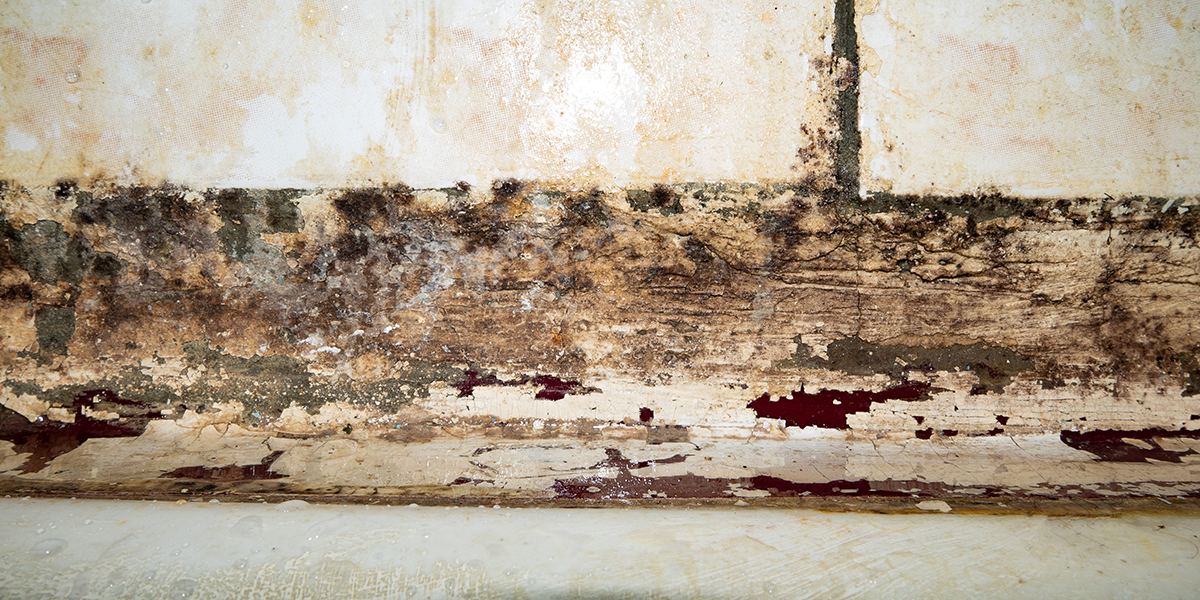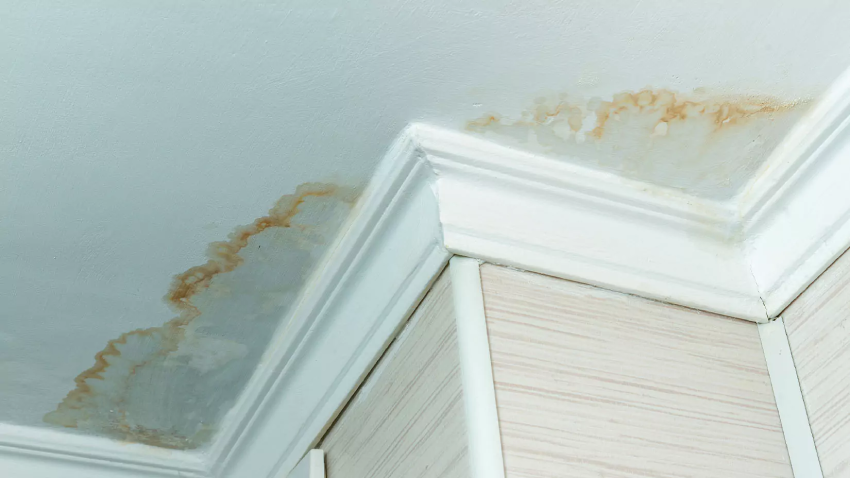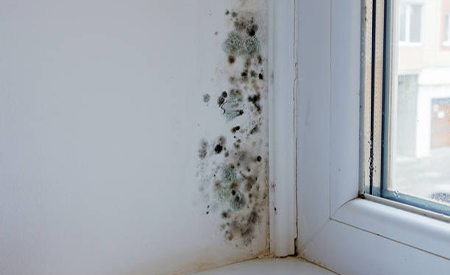The Refine of Water Damage Clean-up: Ensuring Your Home Is Recovered Successfully
Water damages can be a challenging obstacle for home owners, demanding a structured and precise cleanup procedure to restore security and capability. damage restoration services. Following this, reliable water removal strategies play a critical role in reducing further injury.
Evaluating the Damages
Upon discovering water damage, the initial step is to completely analyze the degree of the influence. This preliminary assessment is crucial, as it helps establish the required actions for reliable cleanup and restoration. Begin by inspecting the influenced areas, including wall surfaces, ceilings, floorings, and individual belongings, to identify the source of the water invasion, whether from flooding, leakages, or condensation.
Documenting the damages is crucial for both insurance claims and planning restoration efforts - damage restoration services. Usage pictures and composed notes to catch the seriousness of the damages, noting any kind of affected architectural elements and products. Pay unique focus to areas that may not be quickly visible, such as behind walls and under rugs, as hidden moisture can cause further complications, consisting of mold and mildew growth
Furthermore, examine the timeline of the water exposure. The longer the products remain damp, the higher the potential for damages. Recognizing the duration of direct exposure will certainly inform the urgency of remediation initiatives. Ultimately, a thorough assessment prepares for an effective water damage cleaning procedure, making sure that all influenced areas are resolved efficiently and thoroughly.
Water Removal Methods

Specialists commonly employ submersible pumps for larger volumes of water, which can promptly ease flooding in cellars or other affected locations. For smaller sized quantities, wet/dry vacuums are typically made use of to extract recurring wetness from rugs and difficult surfaces. In addition, making use of portable extractors permits targeted elimination in confined spaces or areas with fragile products.
In instances of polluted water, such as sewer or floodwater, advanced extraction techniques may involve using biohazard tools to make certain safety and conformity with health laws. High-powered extraction devices are essential in minimizing water retention in architectural products, which can bring about mold growth and structural deterioration otherwise dealt with quickly.
Inevitably, the efficiency of water removal methods plays an essential function in the overall success of the water damages cleaning process, preparing for subsequent remediation initiatives.
Drying and Dehumidification
When standing water has actually been effectively drawn out, the following critical phase in the water damages clean-up process is drying and dehumidification. This step is vital to avoid more damages and mold development, which can happen within 24 to 2 days in moist environments.
To attain efficient drying out, customized tools such as industrial-grade air movers and dehumidifiers is employed. Air movers flow air throughout wet surfaces, improving dissipation rates, while dehumidifiers reduce humidity degrees airborne, advertising a conducive environment for drying out. The combination of these devices makes certain that wetness is drawn out from home furnishings, floors, and walls, permitting them to dry extensively.
It is very important to monitor the drying process closely. Specialists often utilize dampness meters to examine the wetness content in various materials, making certain that all influenced areas get to appropriate dryness levels. This precise approach helps to stop hidden dampness pockets that might cause structural damages or undesirable mold growth.

Cleaning and Sterilizing
After the drying and dehumidification stage is complete, the following essential step in water damage cleaning is cleaning and disinfecting the affected areas. This process is vital to stop the development of mold, germs, and other virus that flourish in damp settings.
The cleaning phase generally includes getting rid of any type of particles, dirt, and pollutants from surfaces making use of specialized cleansing agents. For difficult surfaces, a combination of soap and water or commercial cleaning products is commonly employed. Soft products, such as upholstery and rugs, may call for more considerable cleansing methods, including heavy steam cleansing or deep extraction techniques, to guarantee detailed sanitation.

Disinfecting complies with cleansing, using EPA-approved anti-bacterials to get rid of hazardous microbes. This action is crucial, particularly in locations that might have come into call with floodwaters or sewer, as these resources can posture severe wellness dangers.
Furthermore, it is very important to resolve any continuing to be odors, which might call for making use of odor neutralizers or sophisticated strategies like ozone therapy. Proper cleansing and disinfecting not just restore the safety and security and health of your home however additionally prepared for successful remediation and repair work in succeeding phases of the water damages cleaning process.
Restoration and Repairs

As soon as the evaluation is total, restoration efforts can begin. Additionally, floor covering may need comparable attention, depending on the degree of water direct exposure.
It is essential to involve skilled reconstruction experts throughout this process, as they possess the experience to manage intricate fixings effectively. In addition, they can aid reduce possible future issues, such as mold and mildew development or architectural instability, hence guaranteeing a habitable and risk-free living atmosphere. Eventually, efficient restoration and fixings bring back the home's honesty and improve its general worth.
Conclusion
To conclude, the process of water damage clean-up is essential for bring back a home to its pre-damage condition. Each stage, from analyzing the damage to applying effective water removal techniques, complied water damage cleanup with by extensive drying out, sterilizing, and needed fixings, plays an important role in ensuring safety and compliance with building standards. Efficient implementation of these steps not only mitigates instant damage however likewise enhances the long-lasting integrity and worth of the building.
Water damage can be a challenging challenge for homeowners, necessitating a thorough and structured cleaning procedure to recover safety and functionality. Inevitably, an extensive assessment lays the groundwork for a successful water damage clean-up procedure, making sure that all affected areas are dealt with properly and extensively.
Reliable water extraction strategies are important in alleviating damages and protecting against additional problems complying with a water invasion occasion.In verdict, the procedure of water damage clean-up is important for bring back a home to its pre-damage condition. Each stage, from analyzing the damage to applying reliable water removal methods, followed by thorough drying, disinfecting, and necessary repair services, plays an essential role in guaranteeing safety and conformity with building criteria.